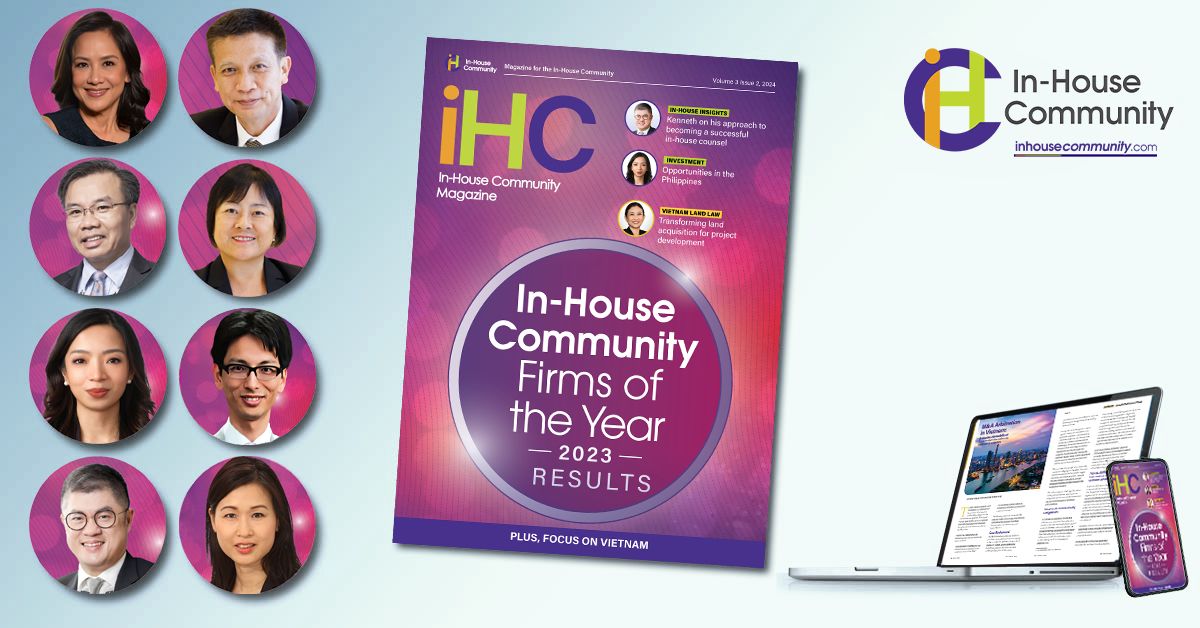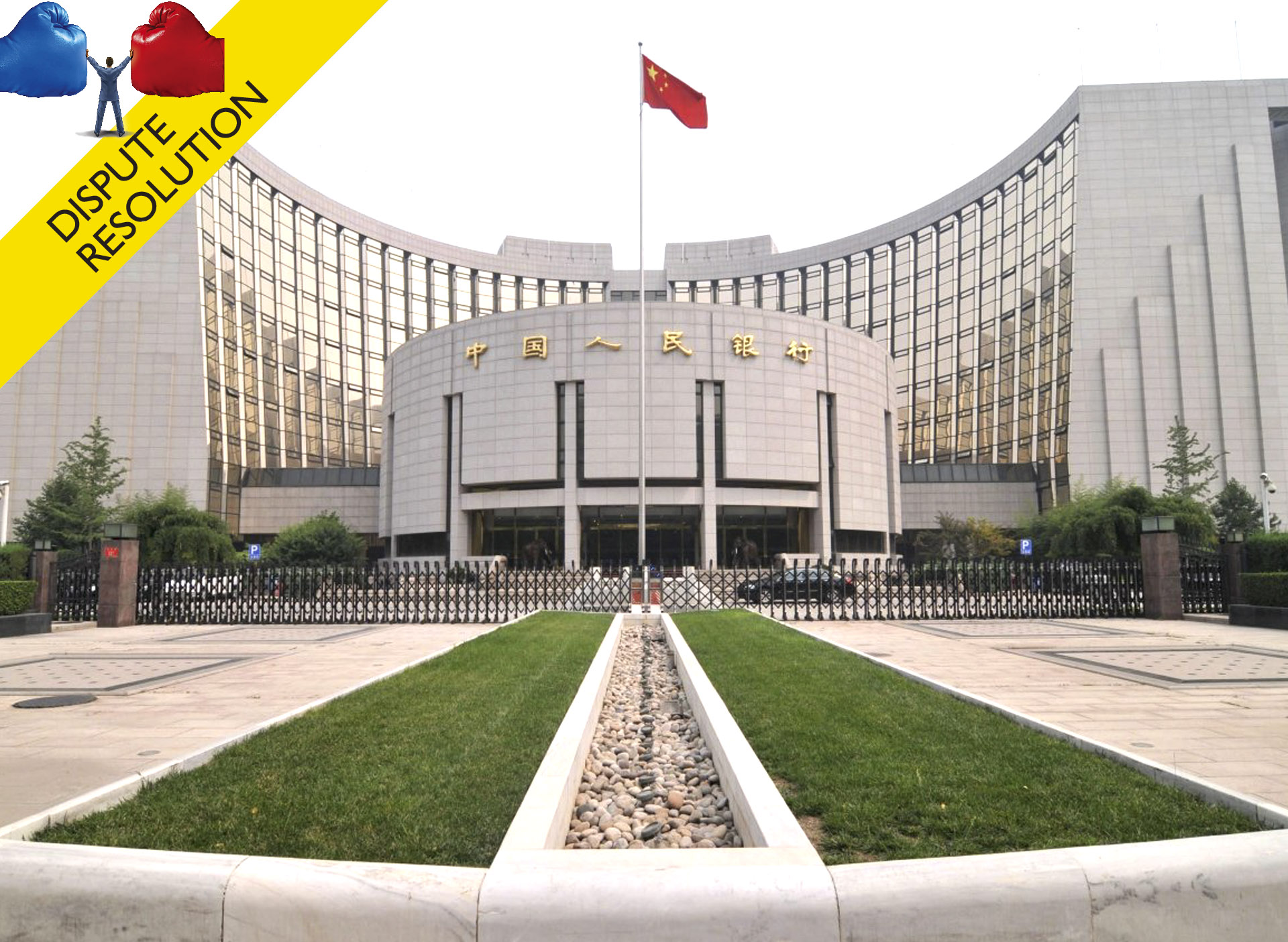 In the last issue, we discussed group transactions, i.e. multiple companies jointly purchasing or selling products. Group transactions are quite attractive to small and medium-sized companies, as their horizontal and vertical agreements reached for the purpose of enhancing operational efficiency and reinforcing competitiveness are protected under the ‘safe harbour’ of the Anti-Monopoly Law (AML). Due to the uncertainty in applying the safe harbor, participants of a group transaction (Participants) still face substantial anti-trust risk. Participants as sellers usually try to enforce vertical price or non-price restraints, where the former may trigger vertical monopoly violation and the latter should be given special attention when Participants possess a dominant market position.There are two statutory presumptions of market dominance. Article 19 of the AML provides that if: the market share of one business operator accounts for half or more in the relevant market; the joint market share of two business operators accounts for two thirds or more; or the joint market share of three business operators accounts for three quarters or more, such business operator(s) should be deemed to possess a dominant market position. Under the second or third circumstance above, if any of the business operators has a market share of less than one tenth, it should not be presumed to have a dominant market position. Also, according to the judicial interpretation of the Supreme Court, in an anti-trust civil lawsuit, where the information externally released by the business operator is sufficient to prove that it is dominant, the court may make a determination on this basis, unless it can be overturned by contrary evidence. If neither presumption applies to a case, the market position should be analysed and determined in accordance with various factors under Article 18 of the AML, including the competitive status of the market, the market shares of the companies, their ability to control the market, their financial and technological conditions, the extent of transactional reliance on the companies by other business operators, the difficulty of market entry etc. In principle, it is possible for one or more companies to possess a dominant market position. Specifically in a group transaction, an individual Participant is usually small or medium-sized with a market share of less than one tenth, so neither of the above presumptions will likely apply. But companies that cannot be presumed as market-dominant may nevertheless satisfy those factors under Article 18 of the AML, and then be determined as market-dominant. Another common practice is purchase volume threshold. Due to the nature of group transactions, Participants are only motivated to give preferential price when the demand is high enough. Setting a volume threshold generally does not violate the AML, unless the requirement of such threshold cannot be justified. In a market, the overall demand of all companies is limited, so when a company purchases more from a supplier it will purchase less from others. If the threshold set by such supplier is too high, other suppliers may be squeezed out of the market. Such supplier usually possesses dominant market position so that it is able to coerce buyers into accepting the excessively high threshold. Participants of group sales may probably have such coercive ability. Participants as sellers usually wish to enter into exclusive purchase agreements (EPA) with buyers, where buyers undertake to purchase specific products only from Participants. EPA will establish a long-term business relationship between Participants and buyers; in addition, as incentive to entice buyers into making an exclusive promise, Participants usually offer preferential terms in respect of price or payment terms, which help bring down the transactional cost and promote competition among manufacturers of the same product, and further benefit the consumers. However, if Participants supply so many products into the market through EPA (generally indicating an advantageous or even dominant market position) that other suppliers are blocked out of the market, such EPA is deemed anti-competitive. It is necessary to mention that in the context of anti-trust law, the purpose of a buyer to purchase products under an EPA is to resell them. As a result, the concern that lies with EPA is that the seller monopolises the sale channels, which renders other competitors unable to enter the market or expand market shares. Participants often attempt to make bundle sales. Inevitably, determining whether a bundle sale is reasonable is done on case-by-case analysis. In general, bundle sales are allowed if the tying product and tied product need to be used together to achieve commercial purpose or ensure the integrity or safety of said products. To the contrary, bundle sales are likely to be challenged if there is no commercial rationale in selling the products together. In practice, bundle sales that have already been investigated include tying raw materials to the product line, tying software to the operation system, tying tour services to sports tickets etc. In a group transaction, what usually happens is to tie slow sellers to best sellers, which is unnecessary and cannot be justified. Such bundle sale violates the Fair Competition Law which prohibits a business operator from selling commodities attached to unreasonable conditions or with other commodities against the purchaser’s will. When the seller possesses dominant market position, bundle sales may also violate the AML’s prohibition on tie-in sales and unreasonable trade conditions. 共同交易中的反垄断风险(中) 根据法律与司法解释,对于市场支配地位有两个推定。反垄断法第十九条规定,如果(1)一个经营者在相关市场的市场份额达到二分之一,(2)两个经营者合计达到三分之二,或者(3)三个经营者合计达到四分之三的,可以推定经营者具有市场支配地位,但是有上述第(2)项、第(3)项情形,其中有的经营者市场份额不足十分之一的,不应当推定该经营者具有市场支配地位;此外,根据最高法院的司法解释,在反垄断民事诉讼中,经营者对外发布的信息能够证明其在相关市场内具有支配地位的,人民法院可以据此认定其具有支配地位,除非有相反证据足以推翻。如果一个案件不能适用上述任何推定,则涉案经营者的市场地位需要根据反垄断法第十八条规定的多种因素综合分析认定,包括相关市场的竞争状况,经营者的市场份额、控制市场的能力、财力和技术条件,其他经营者对该经营者在交易上的依赖程度,进入市场的难度等。原则上,一个或者多个企业均可能占有市场支配地位。具体到共同交易,单个参与方作为中小企业,市场份额通常难以达到十分之一,故适用上述两个推论的可能性都不大。但不能被推定为占有市场支配地位的企业仍然有可能满足反垄断法第十八条的各项因素,进而被认定为占有市场支配地位。 另一类常见的做法是采购量门槛。只有在面对大量需求时,参与方才有动力组织共同交易并提供更为优惠的价格,这是共同交易本身的特点所决定的。为交易设定采购量门槛通常不违反反垄断法,除非采购量门槛的要求已经无法被合理的理由所解释。在一个市场中,所有企业的采购需求是有限的,当企业从一个供应商处采购的数量越多,从其他供应商采购的数量就会越少。如果该供应商设置过高的采购量门槛,有可能导致其他供应商失去市场。这样的供应商通常在市场中占据支配地位,才有能力胁迫买方接受过高的采购量门槛。而共同销售行为的参与方可能具备这样的能力。 参与方作为卖方经常希望与买方签订独家购买协议,由买方承诺除了参与方外,买方不得从任何其他供应商购买协议有关的产品。独家购买协议能够为参与方和买方建立稳定的长期交易关系;此外,为激励买方作出独家购买承诺,参与方通常会提供价格、账期等方面的优惠条件,这有助于在一定程度上降低交易成本,推动同类产品生产商之间的竞争,进而惠及消费者。但是,如果参与方通过独家购买协议向市场供应过多产品(通常意味着市场优势甚至支配地位),导致其他供应商难以进入相关市场,则这样的独家购买协议反而会限制市场竞争,成为反垄断法规制的对象。此处需要阐明,在反垄断法语境下,独家购买协议中买方购买产品的目的是进行转售,如果買方購買產品自用,則并不屬於我們現在討論的范疇。因此独家购买协议的实质问题在于卖方垄断了销售渠道,导致其他竞争者没有销售渠道可用,自然难以进入市场或者扩大市场份额。 参与方往往也会尝试搭售。要决定搭售是否合理,不可避免需要进行个案分析。一般来说,如果搭售产品和被搭售产品需要共同使用才能达到商业目的或者保持产品完整性、安全性,则进行搭售是允许的。相反,如果搭售产品和被搭售产品的共同销售并无商业合理性,则很有可能遭到质疑。实践中遭到调查的搭售案例包括生产线搭售原料,操作系统搭售软件,比赛门票搭售酒店、交通、旅游服务等。在共同交易中,通常出现的情况是畅销产品搭售滞销产品,这种搭售并非必要,也没有合理解释。这样的搭售首先违反了《反不正当竞争法》,根据其规定,经营者销售商品,不得违背购买者的意愿搭售商品或者附加其他不合理的条件。在卖方具有市场支配地位时,搭售还有可能触犯反垄断法对搭售和不公平交易条件的禁止性规定。 —————— |
China (PRC)
Latest Updates
IHC Magazine: April 2024 issue featuring Firms of the Year 2023 Results
As we round off the first quarter of this year, we are proud to showcase our IHC Firms of the Year for 2023. These firms have been selected by our IHC community in recognition of their invaluable contribution to their clients’ ...
Related Articles
IHC Magazine: April 2024 issue featuring Firms of the Year 2023 Results
As we round off the first quarter of this year, we are proud to showcase our IHC Firms of the Year for 2023. These firms have been selected by our IHC community in recognition of their invaluable contribution to their clients’ ...
Related Articles by Jurisdiction
Recent developments in banking dispute resolution in China
New methods of financing and challenging economic conditions have fuelled new types of disputes ...
Out with the old, in with the new: the Csrc’s drive to boost foreign investment funds in China
David Livdahl, Jenny Sheng and Chunbin Xu of Paul Hastings take us through the old requirements imposed on qualified foreign institutional investors (QFII’s) and enlighten us as to how the new measures will have the effect of ...
Determining dominant position in the cinema industry
Award-winning Chinese movie director Feng Xiaogang hit the headlines recently when he got into an online flame war with Wang Sicong, whose father owns Wanda Cinema. Feng argued that his latest film, I am not Madame Bovary ...
Latest Articles















